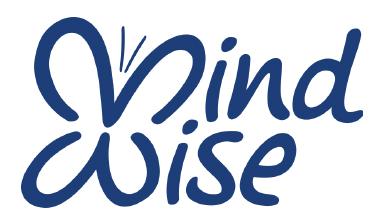Mental Illness & Disorders
Everyone’s health, both physical and mental, varies from time to time and may sometimes cause problems and mean that you experience different symptoms.
A symptom might be a pain or a difficulty with a bodily function - for example someone with a chest infection is likely to find that their breathing is affected causing them some discomfort, whilst someone with schizophrenia may experience hallucinations which may cause them anxiety and problems concentrating.
People with mental illnesses or disorders may experience a wide range of symptoms which can vary in their severity. For example, anxiety may be mild, or so severe that the person affected finds it impossible to concentrate on their work, watch TV, or perhaps will be unable to leave their home for months on end. Other examples of symptoms are difficulty sleeping, feeling hopelessness or guilt, or believing that other people are plotting against you - but as with anxiety, the extent to which different individuals are affected by these symptoms can vary enormously.
People with different illnesses or disorders will have different illness experiences, including;
- the types of symptoms experienced
- how daily life and ability to function 'normally' is affected
- and what types of treatment may be effective.
Symptom clusters
Some people have groups or ‘clusters’ of symptoms which psychiatrists are able to recognise as indicating particular disorders, like schizophrenia or manic depression (otherwise known as bi-polar disorder). These two conditions both involve episodes of psychosis which can result in the person affected losing touch with reality because their thinking or mood has been disturbed. They may hear voices or see, taste or smell things which are not real, or develop strange beliefs, perhaps that they are being pursued by aliens or the mafia.
Or they might experience very high or low moods which have a strong effect on the way they behave. Some people will only ever experience a single ‘psychotic episode’, while others will have recurring periods of problems, perhaps at times of particular stress in their lives.
So, the types of symptoms you are experiencing are important in helping to diagnose the condition you have, and also in establishing the right treatment for a particular condition in order to give you the best chance of a successful recovery.














































































